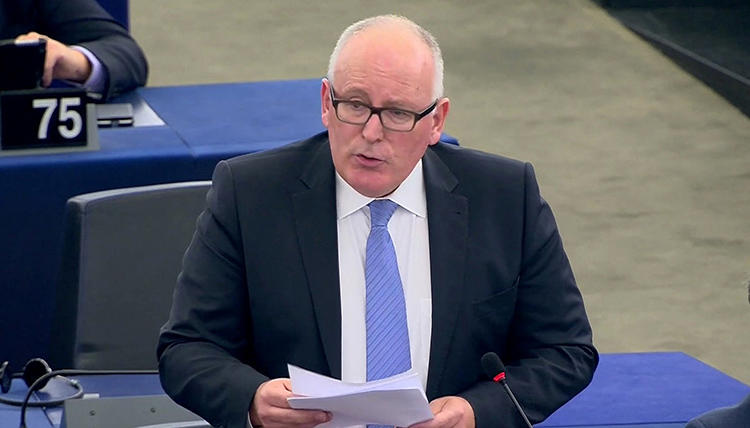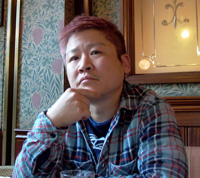
CPJ welcomes call for EU directive against SLAPPs
Brussels, February 22, 2018–The Committee to Protect Journalists today welcomed a call from members of the European Parliament on Vice-President of the European Commission Frans Timmermans to introduce a new European Union directive to stop abusive lawsuits against critical journalists.

Q&A: Indian editor explains how threat of legal action is used to silence journalists
On July 5, Paranjoy Guha Thakurta, editor of the Economic and Political Weekly, and his colleagues Advait Rao Palepu and Shinzani Jain, received a notice from Thaker and co., a law firm representing Adani Power Ltd, that threatened legal action over a story published the month before.
Big businesses attempt to muzzle critical reporting in India
This month Keya Acharya is responding to a nine-page legal notice demanding she pay 1 billion rupees ($16.3 million) over her article on India’s rose industry. Her legal troubles are a window on to a pattern of how big businesses are using India’s outdated defamation laws to silence criticism of their operations.

Free speech in India: Between the bullet, baton, and gavel
Freedom of speech and expression in India is balanced precariously between the ever-present threat of direct, physical attacks from both security forces and social vigilante groups on the one hand, and the reassurance of protection from higher judicial authorities on the other. But the scales seem tipped in favor of the former.

Japanese press advocates face 50 lawsuits, broken ribs
Kensuke Nishioka, 42, looked different from the other Japanese journalists I encountered in Tokyo during a February trip. Maybe it was the pink hair. “Don’t believe any journalist who says they’re at risk in Japan,” he declared, shrugging off the time, at age 32, when two members of a nationalist group cornered him in his office, broke his…